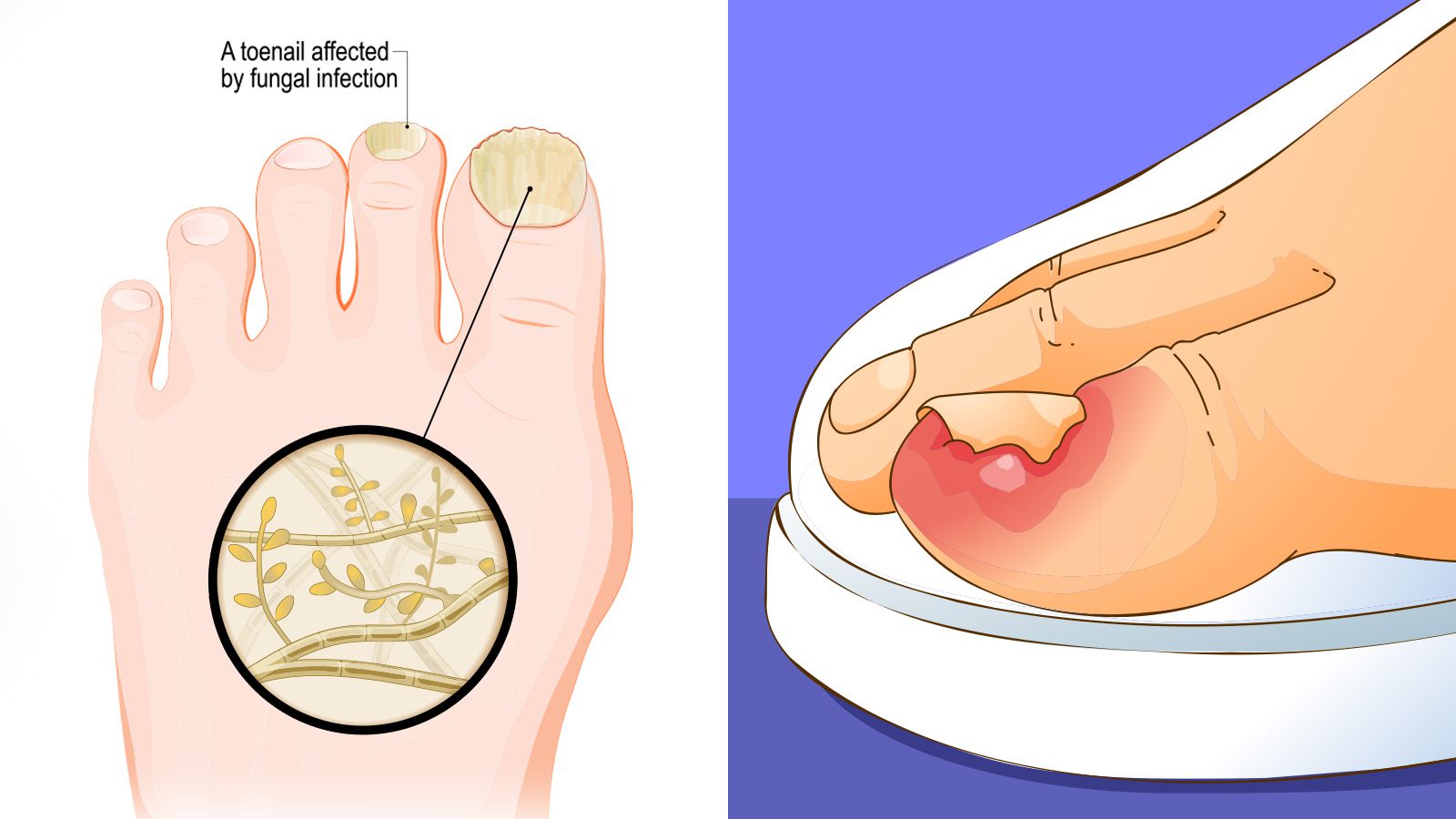Before continuing further into the article, we’d like to conduct a little exercise. Please take a minute and write down the answer to this simple question: What three things are most important in life and why? Answering this question will make sure you get the most out of the reading today, so please participate. Got it? Okay, let’s continue.
Now that we’ve written down the answers pertaining to what’s most important in life, we should now ask ourselves if these are indeed priorities. To be clear, a stark difference exists between what’s important and how we choose to spend our time. Sometimes what we value is determined by outside circumstances. For example, our achievement-driven society places a ton of value on what someone does for work, the kind of vehicle they drive, and the type of house they live in. The overwhelming perspective of society is that success is measured by what we achieve and obtain. Is this important?
Our families can also play a role in what we determine to be important. Many parents believe that providing the best life for their children means they must sacrifice and earn as much money as possible. Is this important?
There is no right or wrong answer. We value different things, and that is absolutely okay. Regardless of our answers, we should remind ourselves of one thing: our lives are finite. If we remain consciously aware of life’s determinate nature, it becomes much easier to pinpoint and evaluate what we value and live accordingly.
With that in mind, we would like to share four universally important truths of life. These are not substitutions for answers, but ways that may be helpful in living more abundantly.
Here are four things you should never forget to do in life:
1. Create a positive self-image
Here’s a harsh reality: most of us have a negative self-image. Now, we don’t measure self-image in the same way that we do a census. In other words, it’s difficult to provide concrete data for on an abstract topic in a vast population such as ours. That said, it is estimated – after researching various studies – that anywhere between 60 to 85 percent of people suffer from low self-esteem. Having poor self-esteem directly correlates with having a negative self-image.
Self-image is simply inner monologue relating to our own abilities, appearance and personality. We judge ourselves on an almost endless list of things: weight, intelligence, income, sense of humor, clothing, vocation, etc. etc. etc.
When we possess a negative self-image, we’re far more likely to compare ourselves with others and place too much emphasis on what others think about us. Not to mention, we’re more prone to depression, anxiety and other health conditions.
Embracing self-acceptance and instilling a positive self-image is not simple. But it begins with making the choice to live courageously and on our own terms while refusing to be impacted by outside opinion. Ask family and friends what they love about you – this is a great way to help build a positive self-image.
2. Invest in your life relationships
How many of us have regrets about a current or past relationship? That would be pretty much everybody. Despite this, we still seek out individuals that we can develop a rich connection with. The reason is that human beings are social creatures and always will be.
Think about it: establishing relationships is unavoidable. We’re born into a family with close-knit members; we desire a deep relationship with a partner or significant other; most of us communicate with co-workers that we – on some level – have a relationship with, etc.
So, regardless of a relationship’s nature – close or distant, co-worker or sibling – resolve to invest the time necessary to develop and maintain positive relationships. Quash petty arguments and disagreements that place barriers between us and others. Our personal and professional lives will bear much more fruit.
3. Attend to your health and wellness
Monitoring our health and wellness is a pretty straightforward thing, isn’t it? So why do so many people disregard this important responsibility? The fact is that it’s difficult to excel in any area of our life without taking the time necessary to attend to our health and wellness.
There are various reasons why health and wellness may take a back seat to other issues. Of all the possible reasons, time and stress are probably the two most cited. Of course time is limited and stress is unavoidable, but these truths should serve as motivation, not as an obstruction.
The solution is to realize that it needn’t be arduous simply. Simple steps such as walking briskly for 15 to 30 minutes a day and scheduling routine checkups will help tremendously. Discover or rediscover a fun hobby that involves some physical activity – basketball, biking, tennis, swimming, racquetball, hiking…there are a number of possibilities.
4. Act on your purpose, hopes, and dreams
Not much else matters if we lose sight of our purpose in life. Again, our intention is not to persuade anyone to change course in life. If this article causes someone to make a positive change in their life, terrific. Positive changes are always good.
Instead, let’s remind ourselves of life’s passing nature each day. Encountering this sometimes uncomfortable truth will often serve as an invocation to live our hopes and dreams.
Steve Jobs, in his commencement speech at Stanford University, said it beautifully:
“Remembering that I’ll be dead soon is the most important tool I’ve ever encountered to help me make the big choices in life. Because almost everything – all external expectations, all pride, all fear of embarrassment or failure – these things just call away in the face of death, leaving only what is truly important. Remembering that you are going to die is the best way I know to avoid the trap of thinking you have something to lose. You are already naked. There is no reason not to follow your heart.”
















